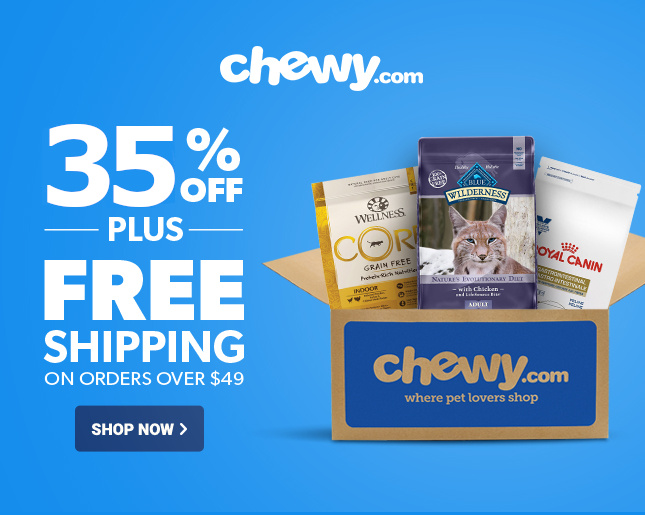
This post may contain affiliate links. We are compensated for referring customers to our affiliate partners.
You just got a new puppy and you are completely in love. Who wouldn’t be? Just like when you have a new baby in the house, people are happy to offer all kinds of advice, good and bad. It can be confusing and a bit overwhelming to decide how to “bring up baby.”
One of the basic decisions you have to make for a new puppy is which is the best puppy food to feed your new, little friend.
Here are some tips to help you make this important decision.
The First Step
There are countless puppy foods on the market. You can find puppy food both in the supermarket and at the pet store, each brand claiming to offer the best puppy food and great nutrition. Happy, little dogs romp across all the bags of food, so where to start? The first thing you should check for any brand is whether the company has undergone AAFCO feeding trials. AAFCO stands for Association of American Feed Control Officials and this organization regulates pet food. If the brand has been through AAFCO trials, you know that it meets the basic requirements of a nutritionally sound diet for your puppy.
Vet Recommended
You may also see several brands of puppy food proclaiming to be recommended, developed or formulated by a veterinarian. You shouldn’t take this kind of claim all that seriously. A company can claim that its product is developed or formulated by a veterinarian, as long as the company had a vet on staff, which most would have anyway. As for “vet recommended,” this label simply means that a number of vets were surveyed by the company and said the food was fine. It is far more important that the food has been through AAFCO feeding trials than having the bag proclaim that the food is vet recommended.
Essential Components of a Puppy Diet
The basic components necessary to the health and growth of your puppy are: protein, fat, carbohydrates, vitamins and minerals. That part is easy. In general, the cheaper the food, the cheaper the ingredients used to make it. The food may meet the basic guidelines for the necessary components, but if the fats are inferior, for example, they can be hard for the puppy to digest properly, leading to poor nutrition. Cheap supermarket brands typically rely on grade D-4 meats (according to one investigation by 60 Minutes), which include meat from self-dead animals, sick animals etc. You are usually better off picking a brand from a reputable pet shop than relying on a supermarket brand, unless your supermarket has an unusually good selection of pet foods. At a good pet shop, you will also find a knowledgeable sales person, who can offer advice and help you find the best puppy food for your puppy.
DHA, an Important Essential Fatty Acid
The proper development of a puppy’s nervous system is dependent on an adequate supply in the diet of DHA, which is an essential fatty acid. Because puppies are growing and developing they need more DHA than adult dogs, so you want to check the puppy food you choose for this important ingredient. DHA is not only important for the development of the puppy’s nervous system, it also contributes to proper development of your puppy’s eyes, ears and its brain. Studies have shown that puppies receiving proper levels of DHA have better memories and are easier to train. So if you want your new puppy to grow up to be a smart and well-trained dog, make sure it gets enough DHA in its puppy food.
Size Matters
An important consideration in choosing the best puppy food is the size of your dog. The size of the breed is important in two ways. First of all, breeds may differ in their nutritional needs and secondly, a small dog simply needs smaller-sized kibble than a large dog, whereas a larger dogs might balk at eating tiny bits of food. Consult with your veterinarian about any special nutritional requirements of your particular dog or its breed. You may want to take some notes and bring your notes when you go to the pet shop, and then make sure you get a food with the right size bites for the size of your puppy.
Counting Calories
It is extremely important that a growing puppy gets enough calories to develop properly and have energy for the endless romping, playing and running that all puppies love. At the same time, it is also important to keep your puppy trim. You do not want to set your dog up to become overweight, because this will pose a risk to the dog’s long-term health, just as it does for humans. Most good food brands will have suggested serving sizes for various weights of dogs. Start with the suggested serving, but monitor your puppy to make sure that the puppy is gaining properly, but not excessively. If necessary, adjust how much food you give the dog.
Last but not Least
If you follow the above advice, you will be able to pick the best puppy food for puppy. This means that your puppy will be getting all the nutrients it needs from the diet you selected. There is no need to supplement with additional minerals or vitamins. In fact, it is a bad idea to start supplementing, because the dog may get too much of a given vitamin or mineral and that can cause an imbalance in the overall diet. So, pick a proper diet, stick to it, and only supplement if your vet decides it is necessary.


The numbers are fishy here. The recommended protein % for an adult dog is less than 20%? Hardly any reputable brands meet that criteria. Maybe the scale is off…